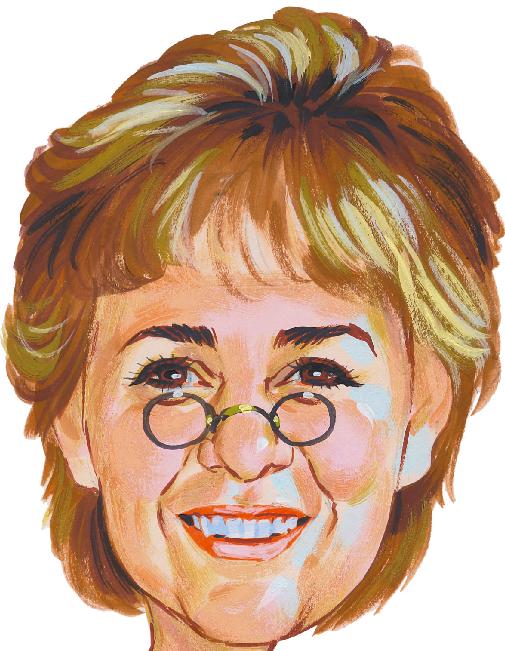 Basic Grammar Spelling Punctuation Granny's Groaners Resume Writing Home |
Basic Grammar

All languages have what are called "parts of speech," or, specific categories under which to organize the words. This facilitates learning and understanding, as well as proper usage.
These are the most basic categories, or parts of speech:
- Nouns - These are "things," for the most part, but also can be more abstract items, like love or it.
- Verbs - Often called "action words," verbs also can be pretty inactive, too. Contrast run with know, for example.
- Adjectives - These words describe nouns, as a rule. (As in, the green grass)
- Adverbs - These words describe verbs, usually. (As in, "He ran wildly down the path.")
- Prepositions - These tie an object to the sentence. Example: "It was the best of times." (Here, "times" is the object.)
- Conjunctions - Sometimes words, phrases or sentences need to be tied together. (She and I, a dog or a cat, or, "Think about it and then let me know." Conjunctions include and, but, or, so and so forth.)
- Articles - All those little "nothing" words, like, the, this, that.
Those are the most common ones you might have heard about in school, but here are some "advanced" ones:
- Participle - The simplest explanation is a "verb used as an adjective," such as "a devoted friend." But it can be a lot more complicated than that and Granny doesn't want to get into that on the Basics page.
- Gerund - A verb that is used as a noun. Example: "The book is worth reading." ('Reading' is a verb, but here it is grammatically placed as an object/noun.) Also derived from verbs are "noun phrases," like, "Being in love is wonderful."
There are many other parts of speech and variations on each, but Granny wishes to keep things easy and simple on the Basics page.
What is a complete sentence? This might seem a simple question, but after reading many letters and web pages, Granny has learned that quite a few people don't seem to know. But here is the simple answer:
A complete sentence has a "subject" and a "predicate." Uh oh. What does that mean? OK, it really is simple. Granny wants to help you understand this. A subject is what the sentence is about and a predicate is that part of the sentence that describes what the subject is doing (or having done to it). OK, clear as mud, right?
In the old days, English teachers used to make us diagram sentences. Today, not many teachers even know how that's done, so of course, they can't teach it. A sentence diagram is a good way to provide a visual explanation of how a sentence is constructed. The subject is written on a line to the left of a vertical mark and the predicate is everything that goes to the right of that vertical mark, or divider. Here, go take a look at a web site that explains it.
The subject is usually a noun (see above), but it can be a phrase, too. In that case, it would be called a noun phrase. So, basically, your sentence has to have a subject (say, "the dog") and a predicate (the verbs and objects go here, describing what the dog is doing or having done to it). Example: The dog (subject) ran wildly into the back yard (verb -ran, adverb - wildly, where - into the back yard, all of which comprise the predicate).
A complete sentence can be short and sweet:
Dogs bark. ("Dogs" is the subject, and "bark" is the predicate. It's what dogs do!)
Or it can be more complex:
The quick brown fox jumped over the lazy dog.
Or it can be very complex:
When in the Course of human events, it becomes necessary for one people to
dissolve the political bands which have connected them with another, and to
assume among the powers of the earth, the separate and equal station to
which the Laws of Nature and of Nature's God entitle them, a decent respect
to the opinions of mankind requires that they should declare the causes
which impel them to the separation.
Did you recognize the first paragraph of the Declaration of Independence there?